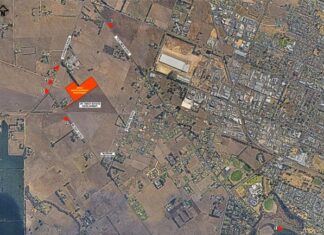New research from National Seniors Australia suggests 68 per cent of older people have recently gone without or hesitated to access essential healthcare because of cost.
The report is based on a survey of nearly 6000 people aged 50 and older.
The survey found only 32 per cent of respondents said cost had not affected their access to health care.
Chief Advocate Ian Henschke said, unsurprisingly, older people with limited wealth have greater barriers to accessing health care.
For those who missed out because of cost, almost a third said it had negatively affected their health or wellbeing.
“Most Australians expect to receive lifelong universal healthcare, but it is clearly not the case,” he said.
The survey showed differences in the proportion of older people experiencing cost related barriers according to type of health care being accessed:
-Mental health care, dental treatment and dental checkups were the most likely to be forgone, with 20%-26% of respondents unable to afford them on one or more occasion.
-Prescription medication and GP appointments were the least likely to be skipped because of cost, but even they were unaffordable for 5%-7% of older people.
-On top of these numbers, for every form of healthcare the survey enquired about another 21%-33% of people hesitated over the cost.
National Seniors Australia survey respondents reported various health and wellbeing consequences of going without care including untreated problems, undiagnosed conditions, worsening symptoms and mental health impacts.
Some reported having to wait until their conditions were bad enough to require hospitalisation, with an 81-year-old explaining because he can’t afford minor medical treatment at a GP, he waits until he can be transported to hospital for other more serious incidents.
The situation is similar among the 832 respondents who had been on an elective surgery public waiting list, 46% of whom could not afford to pay privately to speed things up.
Many suffered continuing pain, immobility, sensory disablement, mental health impacts or worsening symptoms while waiting, sometimes to the point of needing emergency care.
“Timely and affordable access to all types of health care helps prevent disability and promotes quality of life for older Australians,” said Mr Henschke.








